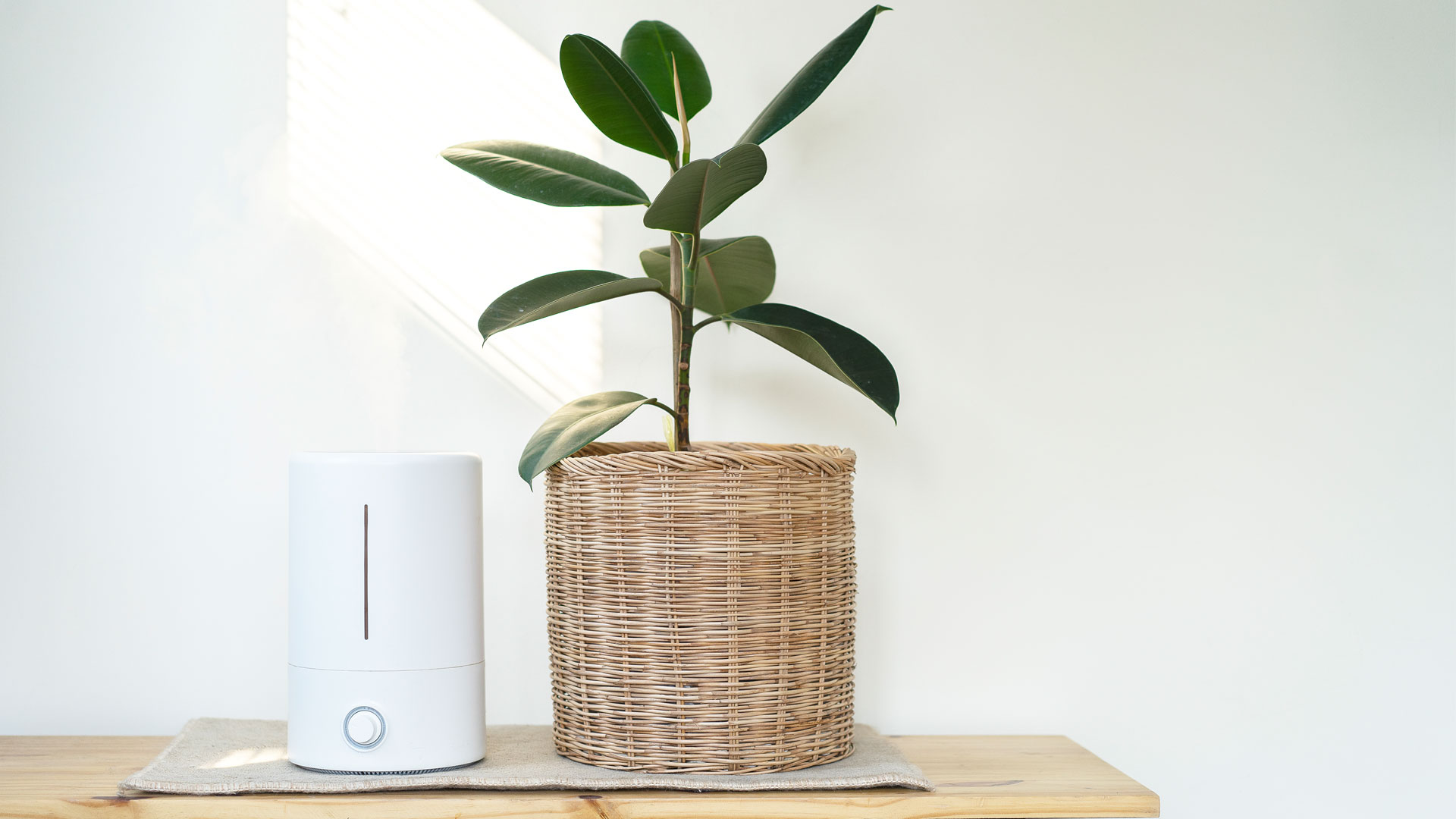Do air purifiers help with bad smells?
Air purifiers can capture a wide range of airborne pollutants, but do they also help with bad smells?

Get the world’s most fascinating discoveries delivered straight to your inbox.
You are now subscribed
Your newsletter sign-up was successful
Want to add more newsletters?

Delivered Daily
Daily Newsletter
Sign up for the latest discoveries, groundbreaking research and fascinating breakthroughs that impact you and the wider world direct to your inbox.

Once a week
Life's Little Mysteries
Feed your curiosity with an exclusive mystery every week, solved with science and delivered direct to your inbox before it's seen anywhere else.

Once a week
How It Works
Sign up to our free science & technology newsletter for your weekly fix of fascinating articles, quick quizzes, amazing images, and more

Delivered daily
Space.com Newsletter
Breaking space news, the latest updates on rocket launches, skywatching events and more!

Once a month
Watch This Space
Sign up to our monthly entertainment newsletter to keep up with all our coverage of the latest sci-fi and space movies, tv shows, games and books.

Once a week
Night Sky This Week
Discover this week's must-see night sky events, moon phases, and stunning astrophotos. Sign up for our skywatching newsletter and explore the universe with us!
Join the club
Get full access to premium articles, exclusive features and a growing list of member rewards.
The clue to what they do is in the name — air purifiers help clear the indoor air of dust, harmful chemicals, allergens and many other airborne pollutants. Some appliances even come with built-in humidifiers or germ-killing features. But do air purifiers help with bad smells, too?
The answer to this question is not straightforward. Certain air purifiers can remove some of the particles that may cause bad smells. However, no air cleaner or filter will be able to eliminate all the particles that can cause strong odors, according to the United States Environmental Protection Agency (EPA).
The reason lies in the gaseous nature of odor-bearing particles. Even some of the best air purifiers on the market can only remove particulate matter, which is a mixture of solid particles and liquid droplets suspended in the air. They usually have a washable or disposable pre-filter that captures dust, hair and other larger particles, and a High Efficiency Particulate Air (HEPA) filter that traps more than 99.97% of particles as small as 0.3 microns. While HEPA filters make them effective against a wide range of pollutants like mold spores, pollen and pet dander, these air purifiers are not capable of trapping much smaller odor-bearing particles, some of which can measure less than 0.001 microns in diameter.
"To remove odors or gases, you need an air purifier with additional technology," Dr. John McKeon, CEO of Allergy Standards, an international certification body for domestic appliances, and a principal at the Indoor Air Innovation & Research Institute, told Live Science by email. For example, look for devices equipped with activated carbon filters. "They are effective in tackling odor-bearing gases such as volatile organic compounds (VOCs)," said McKeon.
Activated carbon filters act as a sorbent for moldy odors, cooking smells and other lingering aromas, which means they absorb these tiny gaseous pollutants as they pass through the filter. "Hybrid or combination air purifiers, which merge HEPA filters with additional technology like activated carbon filters, offer an effective solution for filtering both fine particles and household odors," McKeon said.
However, even air purifiers equipped with activated carbon filters can usually only remove a limited number of gas pollutants. For example, the EPA states that carbon monoxide, which is a dangerous gaseous pollutant, cannot currently be absorbed by residential air purifiers.
The takeaway? Air purifiers can make the air in your home cleaner and fresher, but they are not guaranteed to work for all odors and lingering smells. The EPA's 2018 Consumer Guide to Air Cleaners in the Home recommends indoor air purifiers as a supplementary method, alongside good ventilation, to freshen indoor air, remove bad odors and improve air quality. So, while they are not quite a magic bullet that will leave you with an odor-free home, air purifiers may be a helpful step in improving your surroundings.
Get the world’s most fascinating discoveries delivered straight to your inbox.
This article is for informational purposes only and is not meant to offer medical advice.
Joanne Lewsley is a UK-based freelance writer and editor, covering health and lifestyle news and features. She mainly creates evidence-based health and parenting content and has worked with a number of global sites, including BabyCentre UK, Medical News Today, Fit & Well, Top Ten Reviews, and Yahoo!
 Live Science Plus
Live Science Plus











